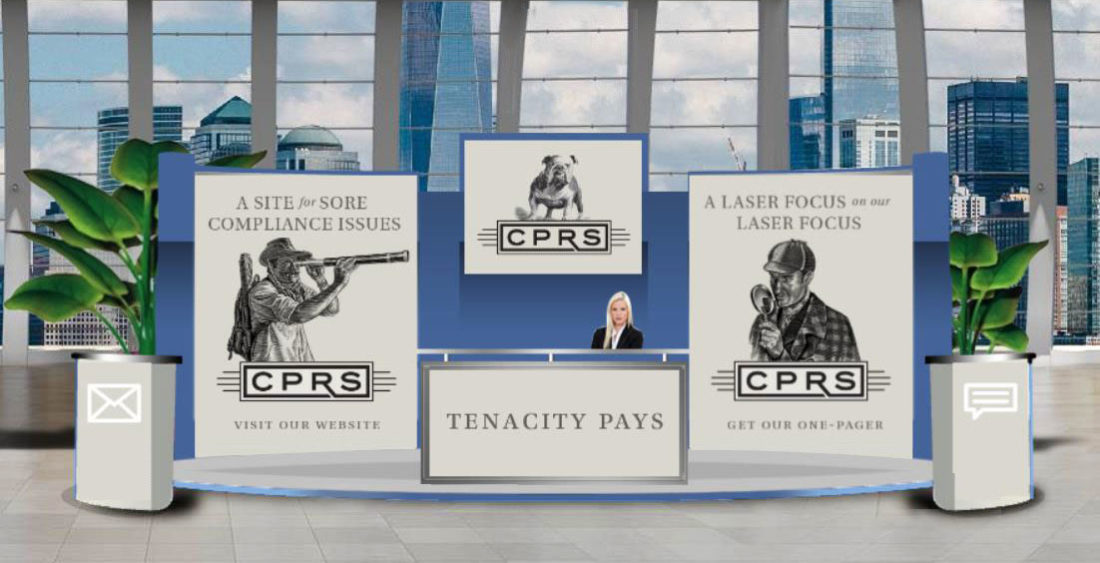Virtual Conferencing: No Hotel Room Required
With business travel curtailed and budgets working harder than ever, chances are you’ve already attended, or found your business a sponsor of, the must-attend events of 2020: Virtual Conferences. While most of us are new to these multi-day virtual events, there are several platforms and approaches available to hosts. Jeff Cobb, author, and founder of Learning Evolution and “edupreneur” in the business of lifelong learning, warns potential hosts that “you can’t just string together a bunch of webinars and expect to have a successful virtual conference.” Whether you have been asked to plan and host an event or simply decide whether an event is a good fit for your marketing dollars, his 10-step, common sense approach to a successful virtual conference is a great place to start:
- Choose topics and speakers that ladder up to an overall conference “Big Idea” rather than one-off speakers.
- Make it easy for presenters, sponsors, exhibitors and attendees to promote their services at your conference. (Hydrogen has helped several of our clients create virtual booths, literature and chat rooms for key 2020 virtual conferences—some were large event-specific campaigns, others smaller adaptations of existing materials.)
- Encourage social networking through chat and live Q&A sessions via a tool like Zoom. (I’ve even attended Happy Hour breakout sessions, which became lively discussions over a beverage of choice.)
- Make sure some of your video is live—this helps ensure attendees see that the event is filled with people who are interacting and learning, just like them.
- Customer support is integral. Post links with clear instructions about when a session will take place. Email reminders go a long way, too.
- Help your presenters succeed in a virtual forum. From dry runs to “glitch-proofing,” to simply helping them interact with a camera instead of feeding off the energy of an audience, practice makes perfect.
- Invite attendees to collaborate by inviting them to submit questions and content for broader discussions.
- Bring in sponsors that offer products or services that have value to your target audience. (For Hydrogen’s clients, we stress that the size of an audience is less important than the quality of the leads in that audience.)
- Take advantage of the medium: Combine keynote speakers with breakouts and networking opportunities. Also take advantage of the fact that people will not be traveling to create smaller meetings over time (think: lunchtime meetings).
- Send reminders to encourage them to attend the “live” event—physical attendance (versus watching a recording later) almost always means people will get more from that conference.
Of course, one of the questions any marketer would ask is, how is success measured? In addition to standard measures of ROI, Hydrogen’s media team is exploring new opportunities for data gathering in Registrant-to-Attendee conversion rates, engagement rate of an event through Q&A, downloads, social media engagement/messaging and surveys, and more.
As with all marketing tactics, the goal is to dive into the metrics and help chart a course for the next event. Virtual or not. Until then, roll over and click the images below to check out the virtual sponsorship materials Hydrogen’s team recently created for accounting forensics firm, CPRS.




